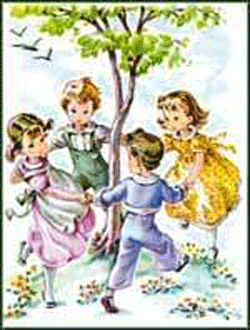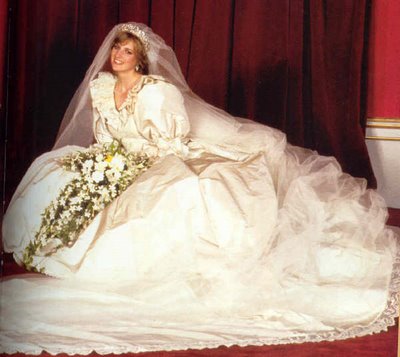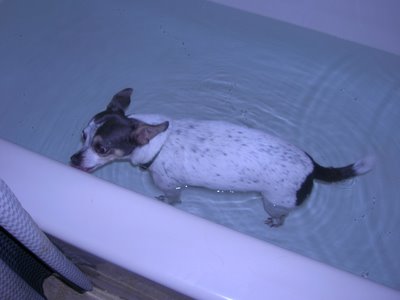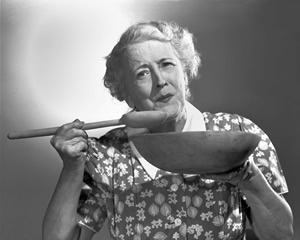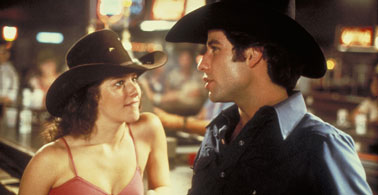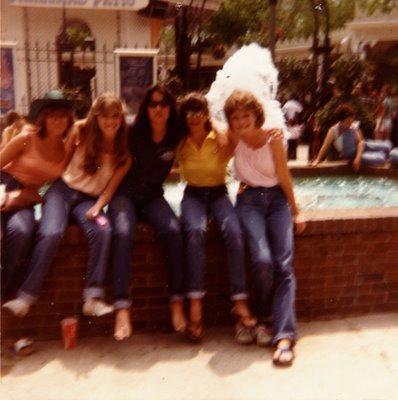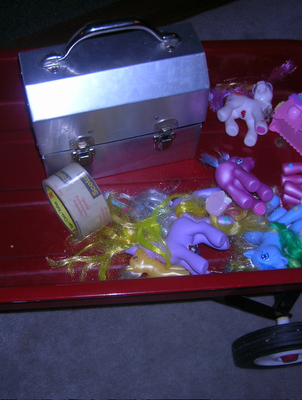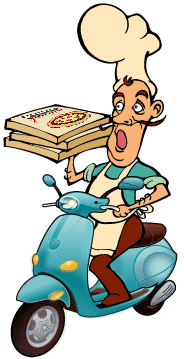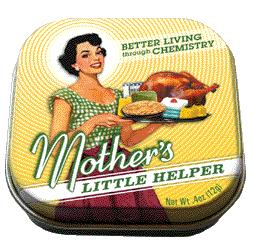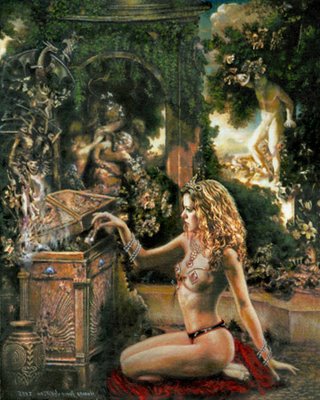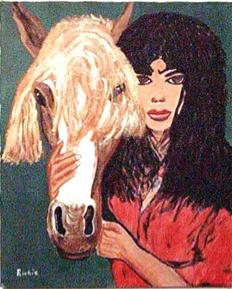 There are painters who transform the sun to a yellow spot, but there are others who with the help of their art and their intelligence, transform a yellow spot into the sun.
There are painters who transform the sun to a yellow spot, but there are others who with the help of their art and their intelligence, transform a yellow spot into the sun. ---Picasso
My friend Collin Kelley posted an
entry on his blog a couple of days ago that had me thinking all weekend. About lots of things—poetry, art, discipline, ambition, and politics, to name just a few. Early into the post, I bristled. From the “slice of pie” metaphor he lifted out of context from a beautiful, balanced, and well-argued blog entry by
Charles Jensen (which had not even a whiff of sour grapes), to his comments on the evils of MFA programs, literary magazines, and certain celebrated poets (Ted Kooser, for one, who in my estimation did more to bring poetry to the general public—the non-poets--than any other U.S. Poet Laureate in my lifetime—and still does, with real grace).
I don’t know if I have the energy to respond to everything Collin said, but he made one statement—and so smugly and self-righteously—that I feel compelled to address it right away. He didn’t put it out there as mere opinion, but rather with this preamble:
“Now, I know this next statement is going to make some of you go screaming into the night, because it's one of those things you never really admit. You know what I'm talking about. If you can't handle the truth, you might want to stop reading now and go watch a rerun of Project Runway.”
Wow, that really gives me nowhere to hide. I mean, Collin knows how I feel, deep in my heart, even if I don’t, or even if I do but I can’t admit it. And what is it he knows I know he knows I know but can’t admit? This: “There is no such thing as bad poetry.”
As someone who spent many years writing bad poetry, I beg to differ. As someone who currently sifts through hundreds of manuscripts in a year, the majority of which are at least proficient, I do contend that some are downright bad. The piece a lady wrote about her nine-year-old son’s penis comes to mind. (I’ll be the first to defend the right to write about ANY subject—if it’s done well.) And as someone who has devoted the last ten years to studying poetry and striving for excellence in that art (art being a “made thing”), I maintain that, just as there are bad lawyers, bad customer service representatives, bad basketball and trumpet players, so there are bad writers. Furthermore, there are far more folks out there picking up pens and calling themselves poets than there are those blowing into trumpets.
Don’t get me wrong. I’m all for everybody picking up pens AND trumpets. I’m for them doing it well or poorly. I’m for singing if you can’t carry a tune.
But I would never put on a tutu and call myself a ballerina. Let me assure you, I’d be a BAD ballet dancer. Ballet actually makes for a pretty decent analogy for poetry. After all, everyone can dance. But years of study and discipline and grueling workouts separate the everyones from the ballerinas. It separates the ballerinas from the ballerinas.
I’m willing to bet, too, that there are some politics in the world of ballet, just as there are politics in the worlds of poetry and dog shows. So be it. In my experience, those who rail loudest against the politics are the most political of all. They’re the ones who never miss an opportunity to tout themselves as “award-winning” or to boast that their books were nominated for this or that award when they’re the ones who nominated them. If that’s not playing the game of politics, tell me what is.
Hey, I admit I want a piece of that big pie in the sky. But I don’t begrudge those who have their forks in it right now. And I don’t expect them to simply move aside or hand it over to me. I might never get a slice. Fine. Not every actor gets to be a movie star. Not every pitcher makes it to the big leagues. But if you love something and you’re good at it, you’ll continue to strive for excellence regardless. You won’t settle for less. Go to school for it or not. But read. Learn from those who came before and those who do it well. Practice, practice, practice.
I think it’s an important point, and I can’t let it slide. I deal with students every day who are working their butts off to get good at something—design, art direction, writing, photography, illustration—and I’m not about to abide the notion that their investment of time, energy, and spirit is for nothing, that there is no difference between good and bad.
It took me six years to get Karaoke Funeral published. It was frustrating. But I didn’t whine about “the Man.” I kept plugging along—and revising it too, I should add. I would never self-publish, because I need to know that a publisher—however small the press—believes in my work enough to put their money and reputation behind it. I’m too close to my own poems. Just because I think they’re wonderful doesn’t mean they are, and I know that. If a small press in Valdosta hadn’t published KF, I’d still be shopping it around; meanwhile I’d be playing with the order of the manuscript, adding or taking out poems. Hmmm…I’m doing that now with the new yet-to-be-a-book.
Collin also derides the writers who say they can’t sit through open mics because open mics are terrible. I’ll admit I’ve said that—many times. I’m saying it again today. However, it’s not the bad poems (and there are BAD poems) that make such events terrible; it’s the lack of humility. Yes, I participated in open mics when I was younger. I did it to test my ideas, to see if anything I was writing connected with an audience. I was humble and not just a little afraid (I still am when I read). I would present one or two pieces, take my place back in the audience, and LISTEN to the rest of the readers to see if I could LEARN something.
I can’t tell you how many open mics I’ve sat through over the years where people hijack the stage with their thick spiral notebooks, reading every single coffee-shop doodle they’ve committed to paper for the past six months. To make matters worse, half the time they can’t read their own handwriting and have to backtrack, lest we miss that one line that will most certainly change all of our lives.
Those are the people who come in late and leave when they’re finished. And there are plenty more where these came from, sitting in the audience, frantically scribbling the “poems” they plan to read that very night, never hearing anyone else. The air of self-importance, the lack of craft, and the absence of a modicum of appreciation for their peers make these events unbearable for me. I have a busy life, lots of kids. I don’t have time for nonsense. So I pick and choose what I attend.
Collin is unquestionably generous with his time and resources on behalf of younger and emerging poets, as well as with his promotion of his peers in Atlanta and elsewhere. We should all heed his example. I’ve benefited from his generosity on a personal level and on the level that he has tirelessly endeavored to bring more exposure and opportunity to the poetry community in general. Bless him for that.
But, I feel strongly that his overly PC, democratic view of “no bad poetry” is at best naïve and at worst an endorsement of mediocrity. I like that things can be bad or good. I love the idea of standards. It gives us--writers, artists, athletes, salesmen, teachers, cashiers, ditch diggers--something to achieve.



